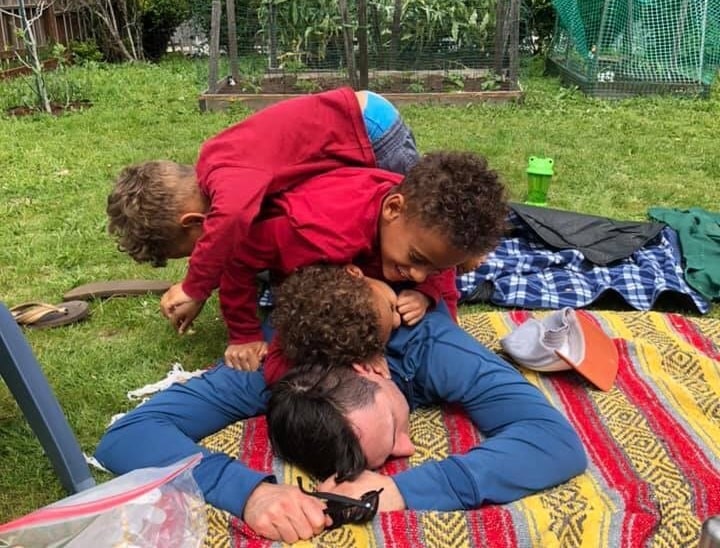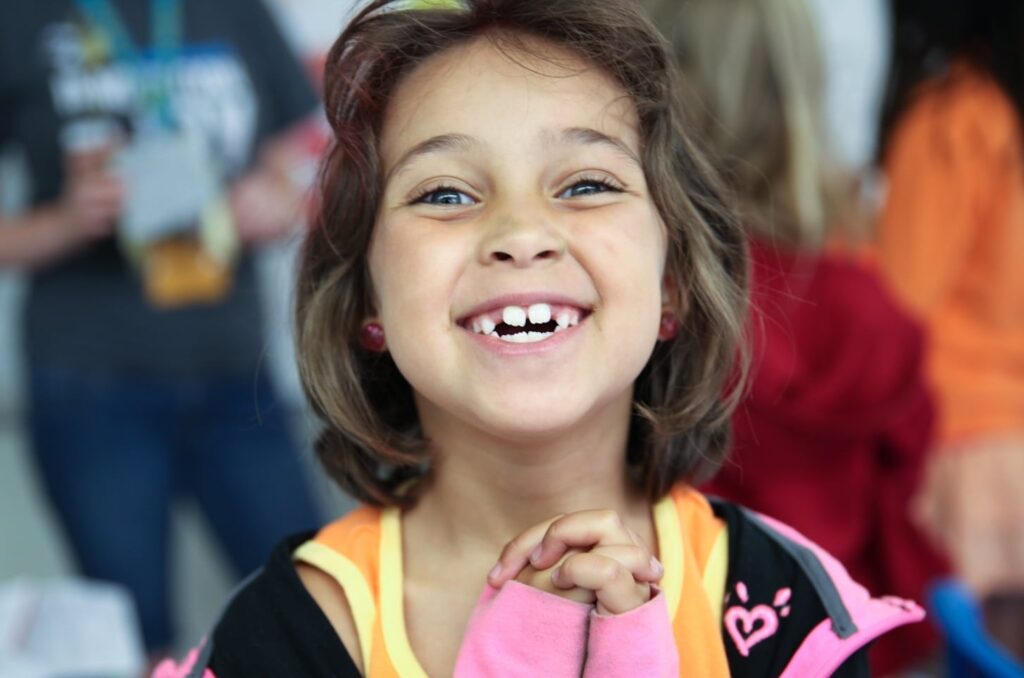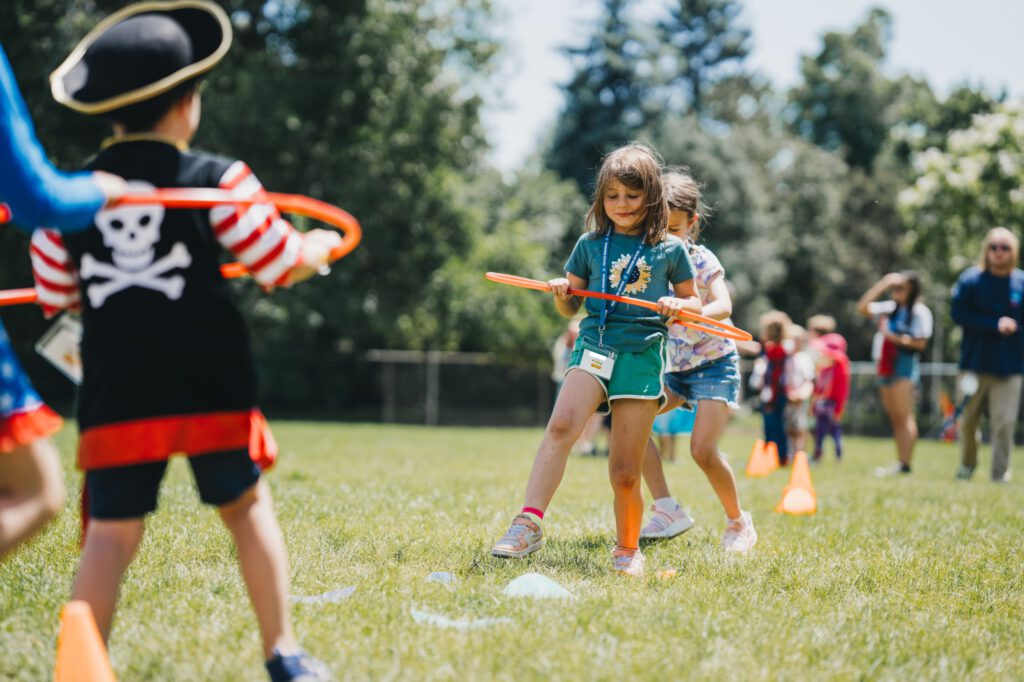I once heard someone say that the way you do anything is the way you do everything. I didn’t buy it at first, so I started to observe myself, and dang if it wasn’t true. You should try it—watch the way you approach things as you go about your day, and you’ll notice your way threaded through everything. Whether you’re filling out tax forms, facilitating a meeting, organizing a shirt drawer, or explaining a natural phenomenon to a curious child, you approach it all with a mindset and perspective that is as unique as your signature.
I’ve recently been noticing that the same is true of my family unit. The way we are approaching sheltering in place just feels like us, and the way that the families that I know are sharing about their experience feels true to the family cultures they’ve created. We’ve all approached this time differently by prioritizing goals that are most in line with our family values.
I asked some of my Galileo colleagues to share the best of how their families have approached this time, and how their families have grown stronger through this experience. Here is what they shared about the ways they’ve identified and set goals for their families, adapted and redesigned to meet the moments we are in.
#1: Keep it real.
We help connect the kids to the situation that’s happening in a real, but meaningful way. We watch the news and we talk about what’s going on, but we’ve also taught them about the experience others are having. Some things we’ve done are asking them to write letters to senior community homes, create care packages for delivery people, write well-wish letters to family members, and actively seeking out good news as a family. We’re especially big fans of Some Good News by John Krasinski.
—Diana, VP of People and mother of two
#2: Freshen up a stale space.
We change things up so that the space we’re in all the time can still inspire us. We’ve rearranged bedroom furniture to make those spaces look and feel different and added a tent and hammock to the backyard to make it feel more exciting. We took the upstairs toys and put them downstairs and found that our kids were instantly playing with stuff they haven’t touched for a month and let them pull some toys out of the basement that we thought we were going to give away. My kids made a whole afternoon out of digging through a box of old toys that they had outgrown. Rearranging a space so it’s not the same thing day in and day out can be mentally stimulating for kids and adults alike.
—Shauna, Director of Professional Development & Training and mom of two
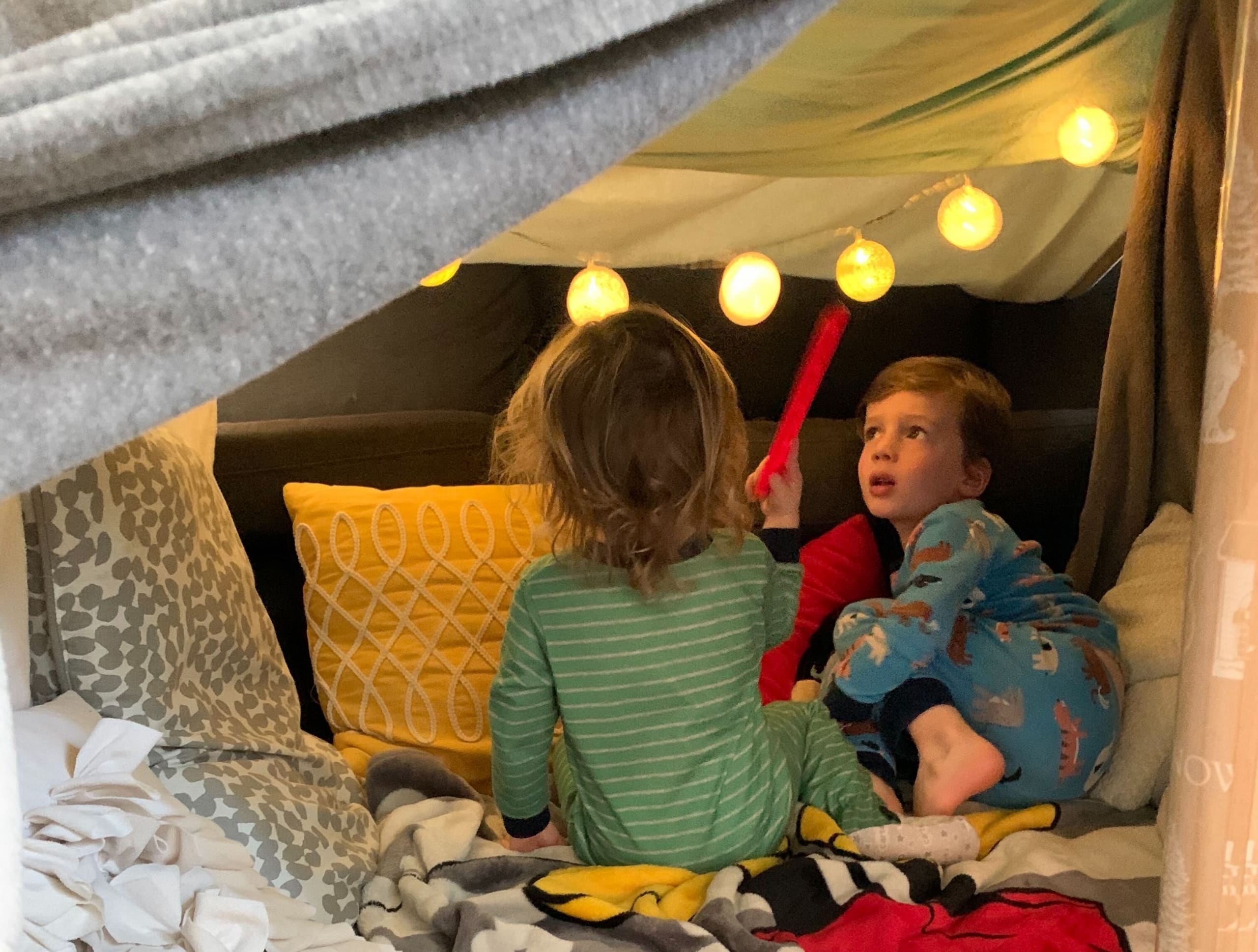
#3: Give the week a grand finale.
We keep our end-of-week Friday tradition of having a movie night. We’re working through all the animated Disney classics, and our movie night wouldn’t be a movie night without “Daddy Mac and Cheese” in front of the tv on the ottoman. This seemingly mundane evening continues to be a highlight of the girls’ week and they look forward to it again and again. It’s also the only time my two-year-old will sit and cuddle with me and my husband for an hour straight, so it feeds my soul as well.
—Ashley, Regional Director and mom of two
#4: Maintain family traditions and make up new ones.
My teens don’t linger as long as they used to, but we still eat dinner together in the evenings. I also check in with each kid individually for a few minutes to hear about their day. I always learn something, even if we were all home together that day! When life and routines change, it’s easier to create new habits. Adding a morning walk, taking turns on the skateboard together in the evenings, or bouncing the basketball around for a bit have become new daily norms for us. I have also created a new tradition for myself: making sure to spend 15 – 30 minutes alone and getting a change of scenery, even if that’s just on the front stoop.
—Nerissa, VP of Marketing and mama of two

#5: Fake a reason for fancy.
A friend just told me that their family has instituted Fancy Fridays, where everyone in the family gets dressed up for dinner and eats with their pinky in the air. I love this way of celebrating the mundane and coming together as a family around something silly and fun.
—Tajalli, SVP of Midwest Operations and mother of two
#6: Strap an apron on those kids.
We enlist our kids to help more with maintaining the household. They have loved (or if not loved, at least appreciated) making positive contributions to the family, like helping make a pizza for dinner, cleaning bathrooms, and folding and putting laundry away. This not only lightens the load on adults in the face of above-average levels of housework but also helps our kids develop as independent, empowered contributors.
—Diana, VP of People and mom of two

#7: Set everyday goals.
I’m a person who craves accountability, and I find goals incredibly motivating. I’ve set some personal goals that help me feel like life is progressing during a time that could otherwise feel stagnant. Right now, I’m working on maintaining a consistent exercise routine, perfecting my cartwheel, learning the ukelele, and leveling up at poker and cooking. Finding something that I can enjoy on my own and something to enjoy with my partner has been a life-saver.
—Diana again with the big ideas
#8: Turn up the heat.
I find myself making up a lot of challenges for the kids to accomplish, even for mundane things. This gives them something to focus on and feel proud about. This used to look like who can pick up the most toys during clean-up, but it’s expanded quite a bit with things like designing an obstacle course from one room to the next, writing a letter to a friend or family member every day this week and asking parents if they need help with something before requesting TV.
—Matteo, Regional Director and father of three

#9: Talk story on your walk.
I suggest taking walks around a neighborhood or area to noticing details and making up stories or characters. Maybe kiddos then take those details they have collected and put together a play or show back at home to tell the story.
—Leslie, Camp Director
#10: Make this a time that stands out in your family history.
A lot of what we remember about what we live through is determined by how we tell our story. I know my kids are listening to every word we say, all piled up together in the same house and eavesdropping on each other’s meetings, conversations and classes. I try to help influence their perception of this time by sharing how I feel about it. I say that it’s really special to be able to do classwork with my daughter and understand how she spends her days. I talk about how we finally get to do the big family projects together that we’ve always been too busy to do, like plant a garden or build a treehouse. I talk about how we’re watching butterflies cocoon in the yard and noticing the plants grow because we’re here for it instead of driving all over town. If I help them see the roses during this time with the things I choose to talk about, the thorns won’t feel so prickly to them.
—Sarah, VP of SoCal Operations and mama of two
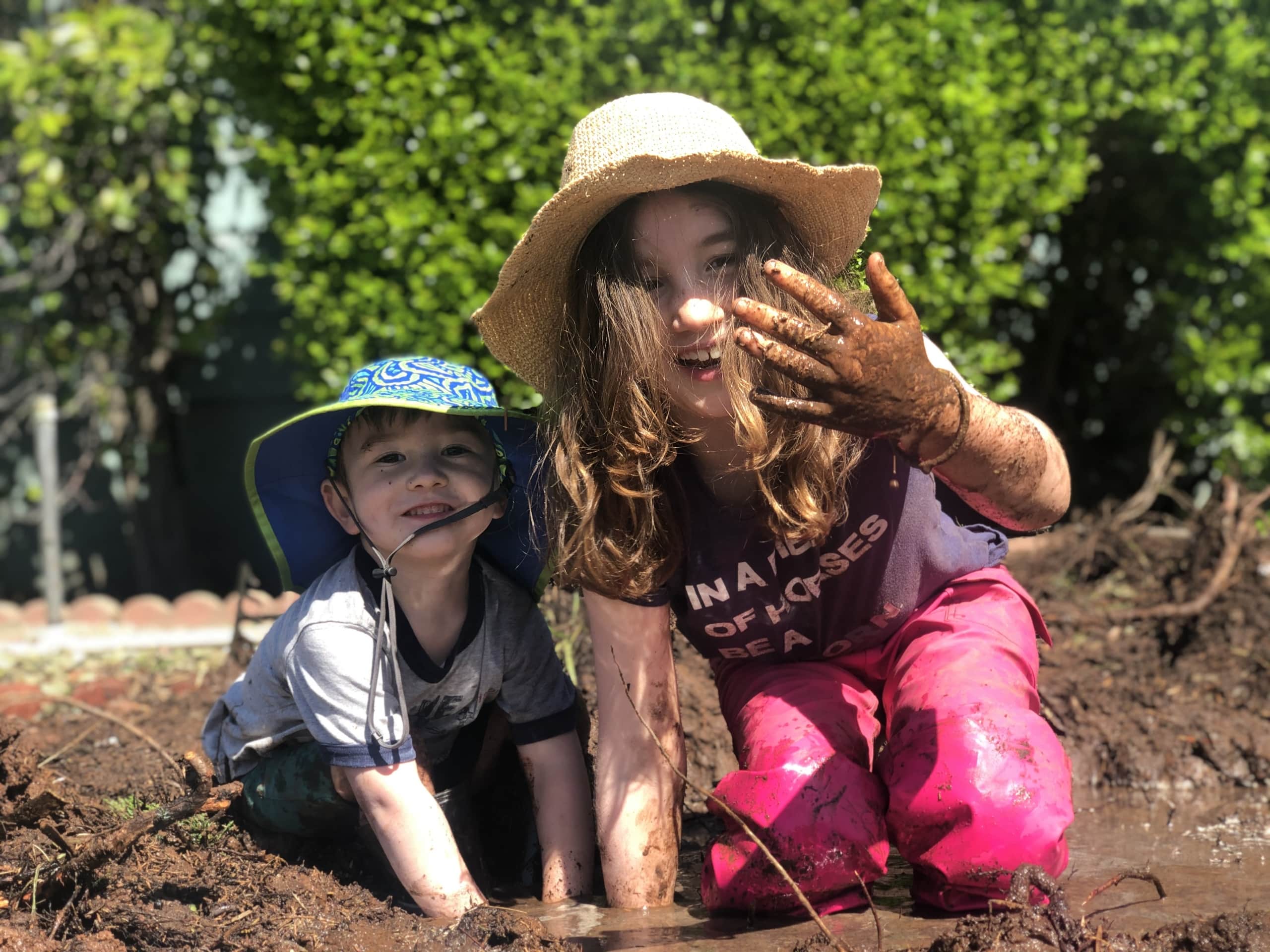
Observing ourselves can be hard, but on the flip side, it also gives us the opportunity to be more intentional. If we like the things we’re prioritizing as a family, let’s do more of them. There will be things we want to redesign and try differently, and that’s great too. If the way we do anything is the way we do everything, the beauty of this concept is that it works inside out. By changing our approach to any one part of our day, we can identify new goals and work toward incremental change, which then impacts how we approach other parts of life. Like anything, the way we family is a practice, and we have nothing but time for practice these days.
—
Curated by Marie McDonald, Galileo’s VP of Communications & Southern California Operations. When she’s not heading up camp operations, Marie loves to write, paint, and adventure with her fam.
